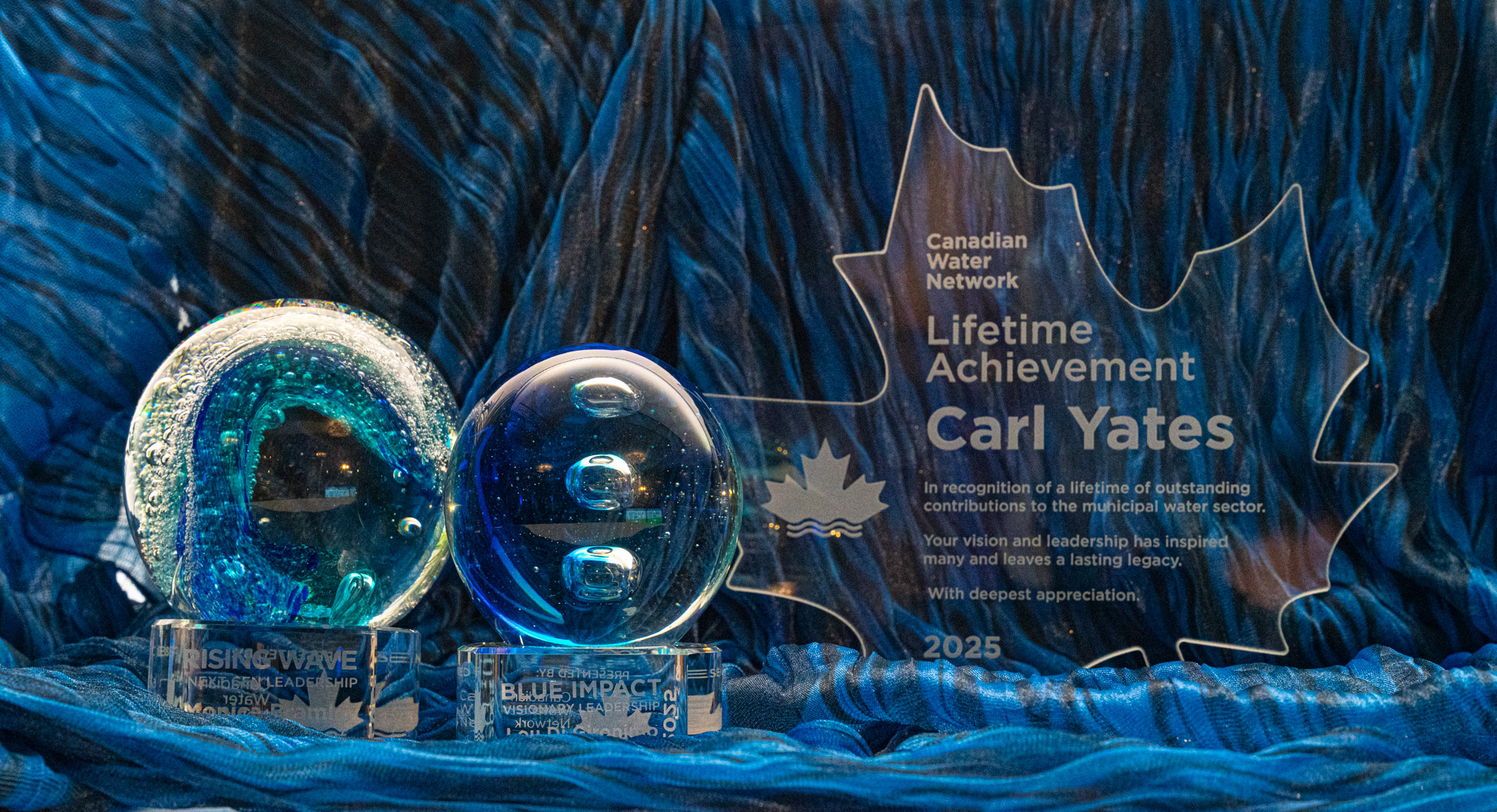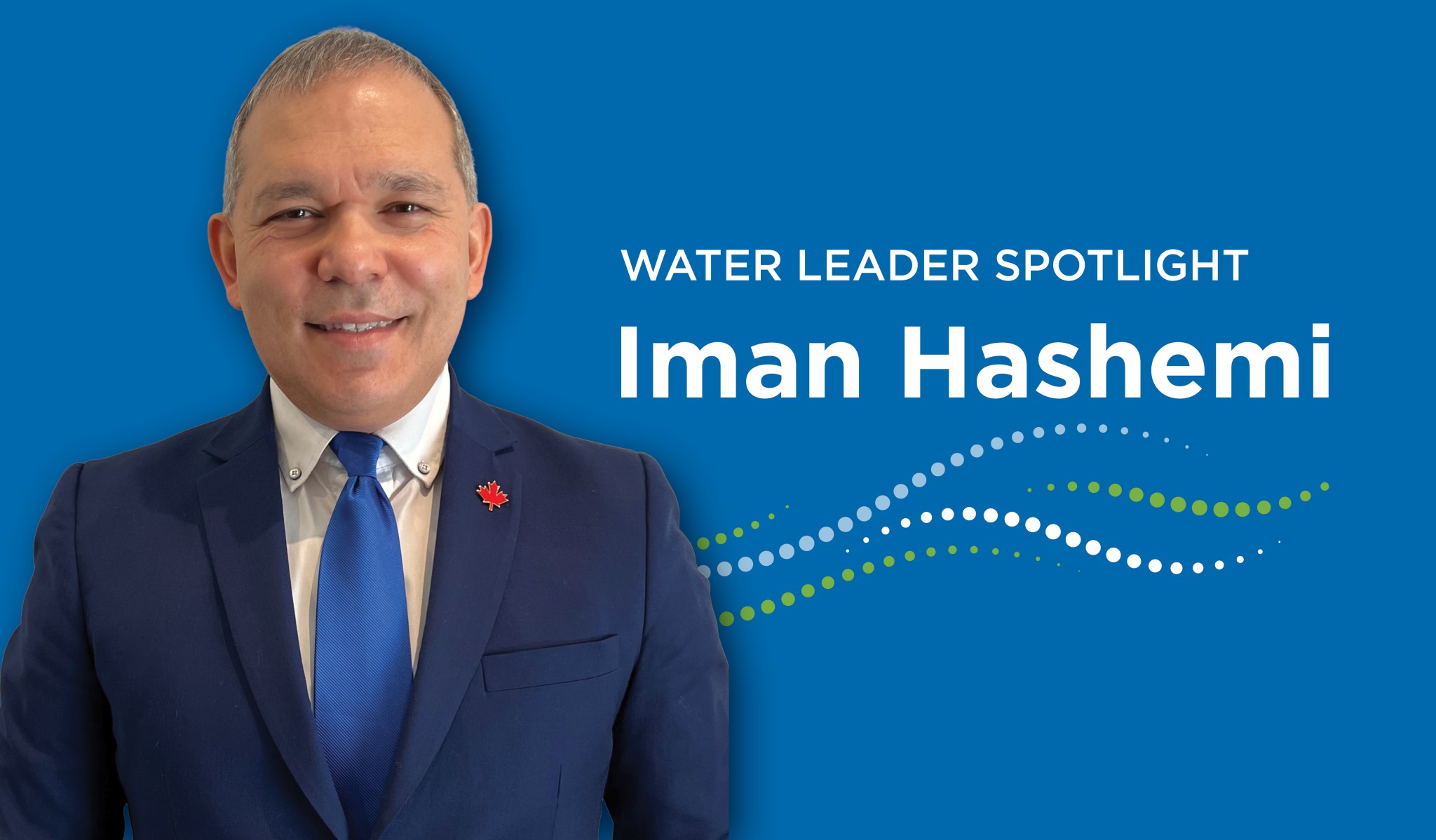Long-term chronic impacts of urban wastewater and stormwater on freshwater systems
Canadian Water Network (2016-2017)

Challenge
The role of urban contaminant loading to receiving watersheds has historically been a focus for environmental controls. Steadily increasing regulations and changing practices are gradually improving the quality of urban wastewater, which includes Canada’s implementation of the Wastewater Systems Effluent Regulations (WSER). The focus of these controls and regulations has been on upgrades to the treatment of urban wastewaters prior to their release. These upgrades predominantly address point-source or end-of-pipe discharges, where contaminants are concentrated and acute impacts such as fish kills and pathogen outbreaks can occur. Although requirements for improved wastewater treatment controls have been increasing, many infrastructure upgrades will take time to implement.
By contrast, fewer controls or regulations deal with non-point-source discharges or effluent exceedances such as those that occur during extreme weather. These discharges and occasional exceedances may be characterized by comparatively lower levels of contaminants and less pronounced acute impacts, but over the long term may pose a real concern for aquatic ecosystem health. Therefore, while average effluent quality from controlled systems will continue to improve, there are three issues of concern to take into account when planning long-term policies and actions:
- There may be long-term impacts on aquatic ecosystem health from lower-level contaminant inputs, given the long timeframes to be addressed and legacy pollutant impacts within the watershed system.
- The impacts of events that short-circuit sources and controls, such as the overflow of untreated waste in connected wastewater and stormwater collector systems, may be significant.
- There is an increasing recognition that average discharge measurements do not reflect the actual risks well, and that risk management strategies need to better understand the relevance of dominant events such as loading associated with extreme weather.
To move beyond addressing acute impacts and more effectively assess the risks associated with ongoing chronic loading from municipal sources, decision-makers need an updated synthesis of what is known and not known about the long-term impacts of urban wastewater and stormwater, including lower-level contaminant inputs, on receiving waters.
Project
With financial support from Environment and Climate Change Canada (ECCC), Canadian Water Network led a project to examine the state-of-the-knowledge on long-term impacts from urban wastewater and stormwater, and the relevance of this information for planning, policy and decision making. The project objectives were two-fold:
- Advance the discussion among researchers, practitioners and decision-makers on the relevance, both to the environment and public health, of long-term impacts to receiving waters/watersheds from urban wastewater and stormwater discharges.
- Identify elements of these long-term impacts that are relevant to planning, policy and decision making at municipal, provincial and national levels.
Outputs
CWN convened an Advisory Committee of six leading experts with diverse experience in wastewater, stormwater, watershed impacts, wastewater treatment, emerging substances of concern, nutrients, sediment transport and geomorphology. The Committee’s primary role was to advise CWN on the design of an expert workshop and provide input on the development of a background document for the workshop participants. Dr. Mary Trudeau was engaged by CWN to author this backgrounder, which summarized the current scientific knowledge on contaminants and issues that may contribute to or impact the long-term chronic effects of urban wastewater and stormwater on the environment.
In February 2017, CWN hosted an expert workshop over 1.5 days in Toronto, Ontario with the Advisory Committee and an additional 22 experts from municipalities, provincial and federal governments, Conservation Authorities and the academic community. The workshop discussions, together with the experts’ responses to a series of pre-workshop questions, focused on understanding what long-term chronic impacts of urban wastewater and stormwater matter most for environmental and public health, and what information and insights are needed to inform planning, policy and decision making at various levels. The project culminated in the development of a synthesis report that examined approaches to address long-term cumulative impacts of urban wastewater and stormwater on freshwater systems using a case study methodology that drew upon the expertise of the municipal and other workshop participants.
Integrated watershed management was recognized by workshop participants as being essential for successfully addressing long-term impacts on the water environment. Although there are many challenges, the report highlighted the opportunity to learn from successful approaches undertaken by municipalities, federal and provincial governments, Conservation Authorities, academic researchers and other collaborators to advance integrated decision making. Key insights drawn from these success stories suggest that progress can be achieved by:
- Developing a compelling, long-term vision for the ecological health of local water bodies to mobilize political and public support
- Seizing opportunities, including episodic events that capture public attention, to take action
- Applying existing science-based protocols and tools to monitor the long-term effects of urban stressors on ecosystems
- Garnering regulatory support for a more integrated approach to water management across the watershed scale
Outcomes
The insights generated in the workshop discussions and the synthesis report were shared with the project participants and ECCC and published on CWN’s website. They were also used to inform a national review of known and emerging contaminants in municipal wastewater and Canada’s options to deal with them in 2017-2018.
This project was undertaken with the financial support of the Government of Canada through the federal Department of Environment and Climate Change.











